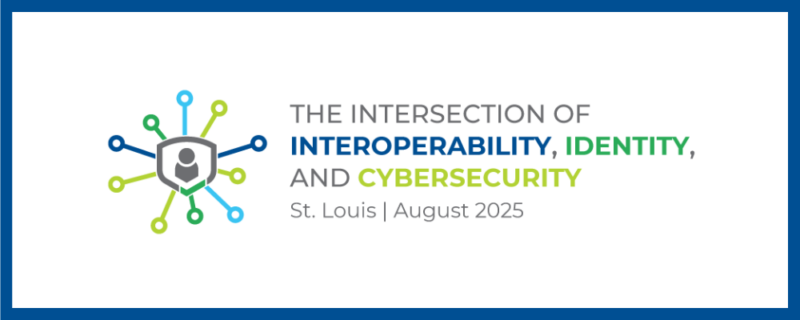Digital health products and services will play an important role in reducing cost and improving population health and the patient experience. However, the development and deployment of digital health products are still in the early phases and there are several barriers that need to be overcome before there is widespread adoption.
1. EMR and other platform integration. At this point, there is a hodgepodge of applications and modules stacked on top of each other with little integration or ability to interphase. EMR systems don’t talk to telemedicine systems. Remote sensing data can’t be integrated and accessed on the EMR. And, of course, we still have places where one EMR cannot talk to another EMR.
2. Engineers are from Venus and doctors are from Mars. Patients are not even considered in the same solar system. Like parties in a dysfunctional relationship, the three talk past each other. There is not enough involvement of patients and doctors in the early stages of product development. The results are me-too or failed products that don’t solve a big enough pain point for a big enough market segment.
3. The apps don’t do what they are supposed to do. Most products are technically validated before launch. Some are commercially validated. Very few are clinically validated because there is a meager digital health clinical trial infrastructure to validate safety and efficacy of not only the app, but data security as well.
4. An uncertain regulatory environment. Despite the issuance of the FDA guidance document in September 2013 concerning mobile medical applications, there is a perpetual brouhaha about whether the FDA should be in the business of regulating digital health products. Like drugs and devices, the perceived regulatory uncertainty hinders innovation and product development.
5. Who pays? Reimbursement and insurance codes, coverage and amounts are still in flux. There is no reliable way to vet and select the right app for the right patient with the right disease to warrant payment.
Digital health development and commercialization has a long way to go. The digital health ecosystem needs to overcome these barriers if patients are to realize their potential value.
Arlen Meyers, MD, MBA, is president and CEO of the Society of Physician Entrepreneurs. He is a professor of otolaryngology, dentistry and engineering at the University of Colorado Denver, the cofounder of four companies, and a consultant to several life science, IT and investment firms. Source


























